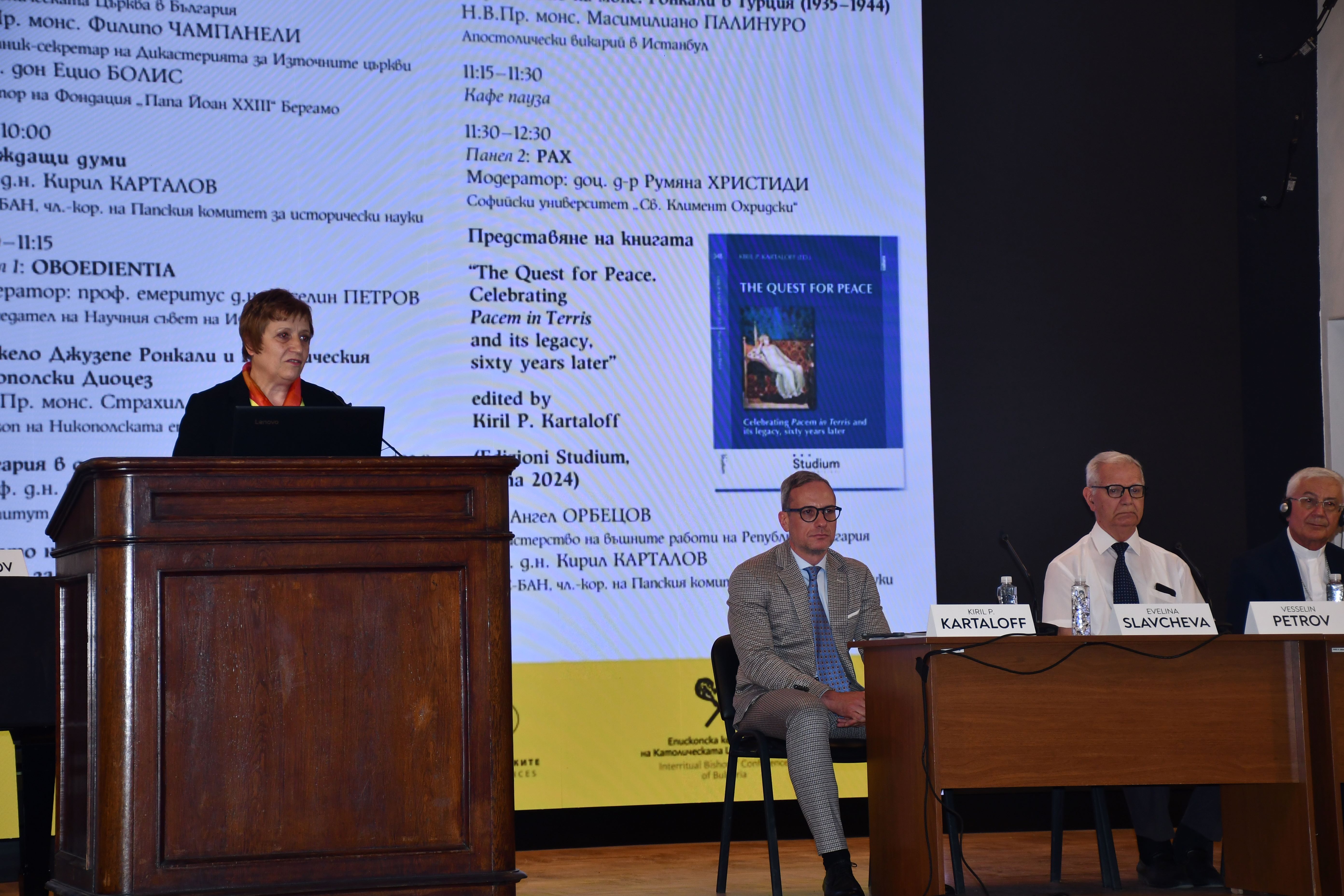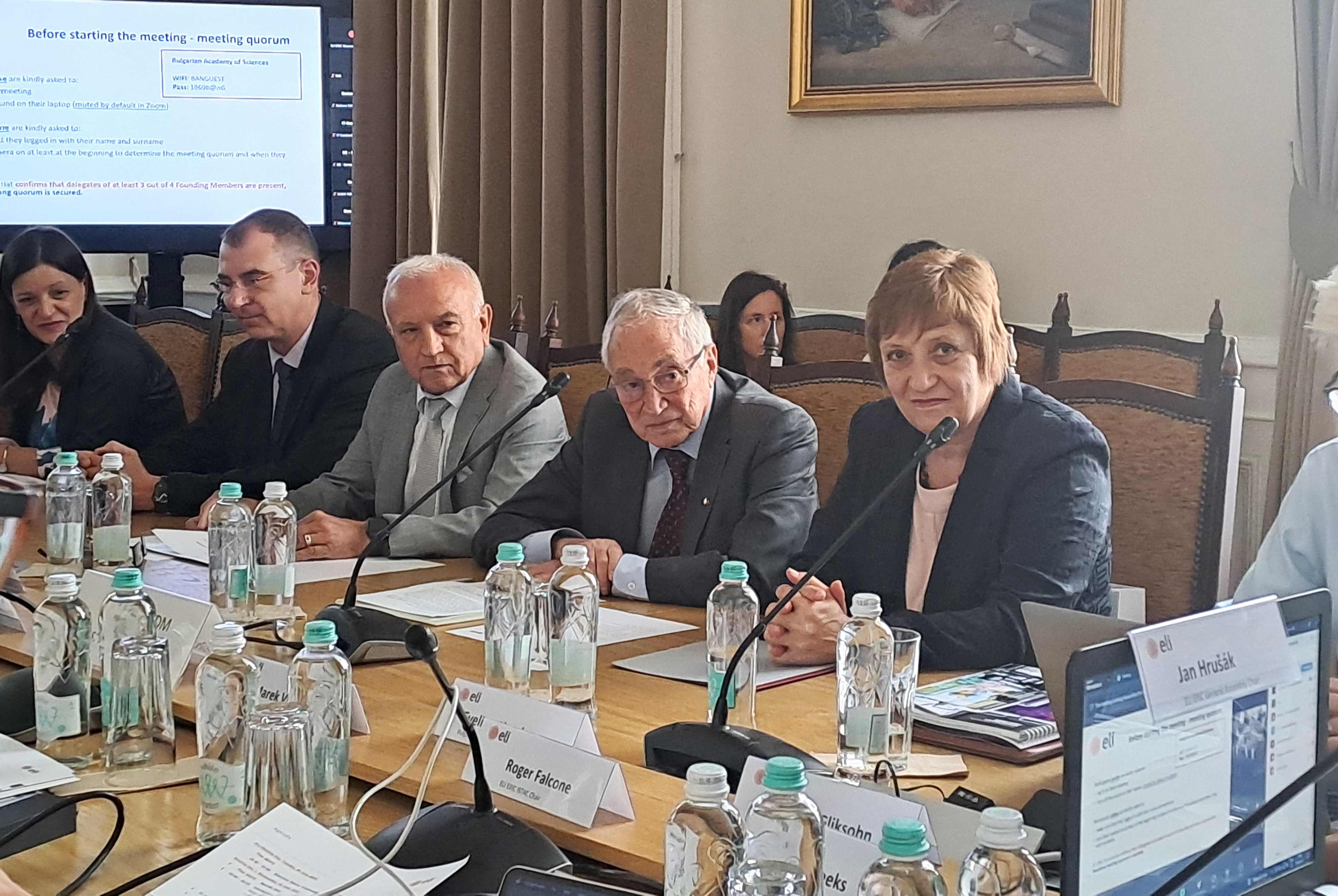The Institute of Philosophy and Sociology – BAS (IPS) has completed the implementation of a three-year research project “Shadow economy factor determination and approaches to limit it in Bulgarian society” (Contract KP-06-H35/9 of 18.12.2019), funded by the Bulgarian National Science Fund and implemented by a team under the scientific leadership of Prof. Emilia Chengelova.
The project is a continuation of a decade-long tradition of scientists from IPS – BAS to study shady practices in the Bulgarian economy. What is new is the focus of the research lens on the empirical study of the “shadow economy” factor determination. As a result of the activities carried out, the team was able to get to the heart of the problem, to unravel the layers of multi-layered causal determinism and to clearly and definitively bring out the different levels of factors that provoke the emergence and multiplication of the “shadow economy”.
The study is based on the Multifactor Theory of Factor Determination of the “shadow economy” specifically designed for the project. The factors are grouped into two broad categories – exogenous and endogenous factors. Exogenous factors include factors produced by the institutional and regulatory environment, conjunctural-adaptive factors and control mechanisms considered as factors in the emergence of the shadow economy. Four groups of factors are attributed to endogenous factors – trust deficit in the state, trust deficit in basic social systems, factors arising from the specific capitalist ethos, and family restrictive and aggravating factors. A total of 49 factors were examined, identifying the severity of each factor and the likelihood of it generating shady economic practices.
Within the framework of the project, a Shadow Economy Tolerance Index (SETI) was constructed which is based entirely on empirical data collected with sociological tools and has no analogue in either European or Bulgarian practice. The index is built from three components – basic attitudes towards the “shadow economy”, psychological readiness to engage in the “shadow economy” and actual engagement in shadow economic activities. On the basis of own research within the project four calculations of the SETI Index have been made: 1) for the general population in Bulgaria, 2) for young people 15-35, 3) for the population between 36 and 55 and 4) for the population over 55. The values of the Index at its first calculation are:
Total age 15-35 age 36-55 age 56+
Total value of Component 1: 27,09 33,51 26,54 21,00
Total value of Component 2: 20,93 24,52 19,02 13,61
Total value of Component 3: 26,68 33,50 26,68 19,83
Total value of SETI: 74,70 91,53 72,24 54,44
The calculation of the SETI Index (which is planned to be biennial) has a high applicability for management purposes as it reveals differences in the assessments and behavioural patterns of different age groups of the population and is the basis for the construction of adequate and workable policies to curb and prevent the “shadow economy”.






